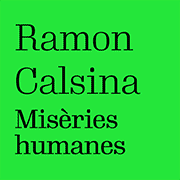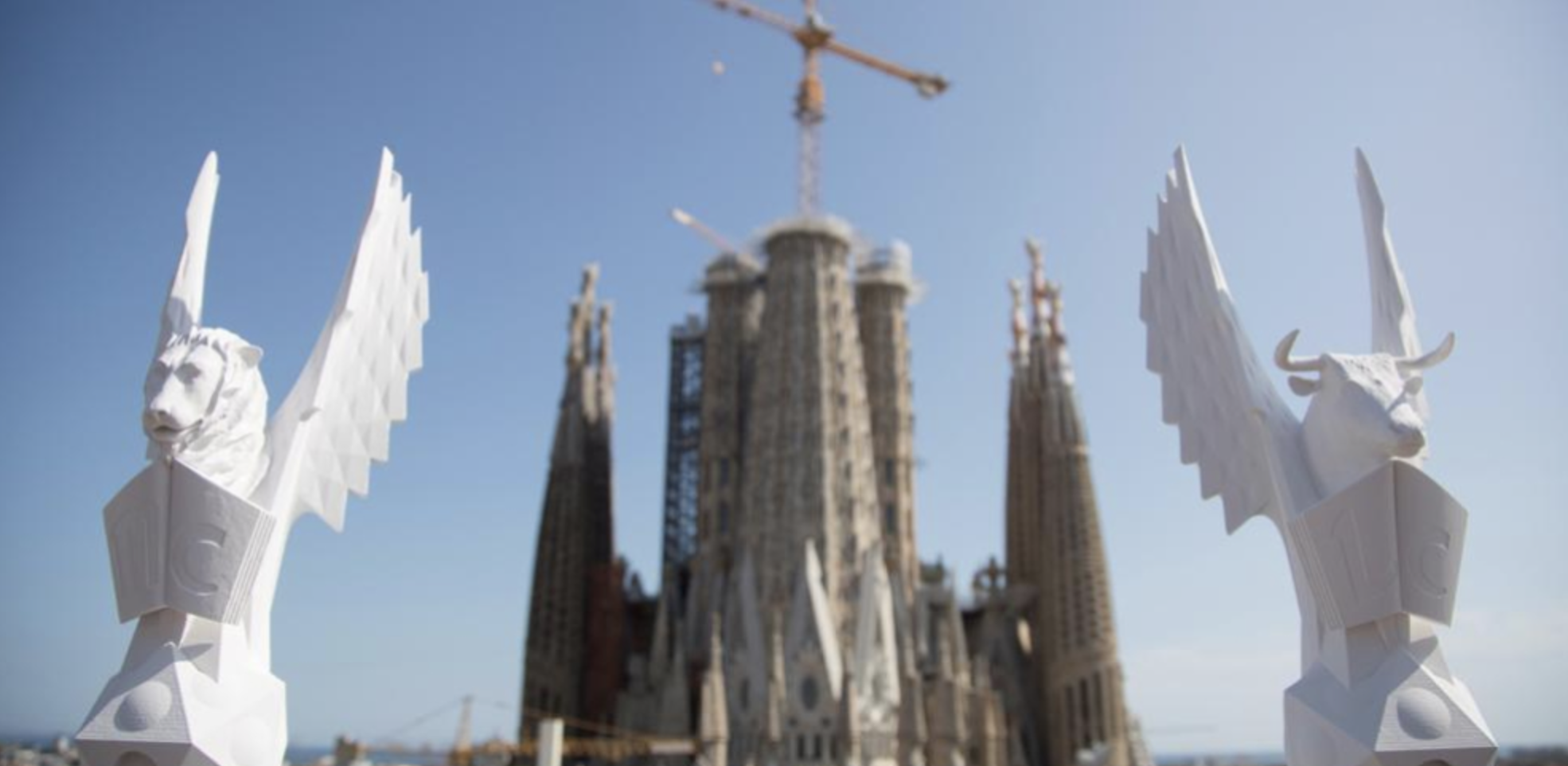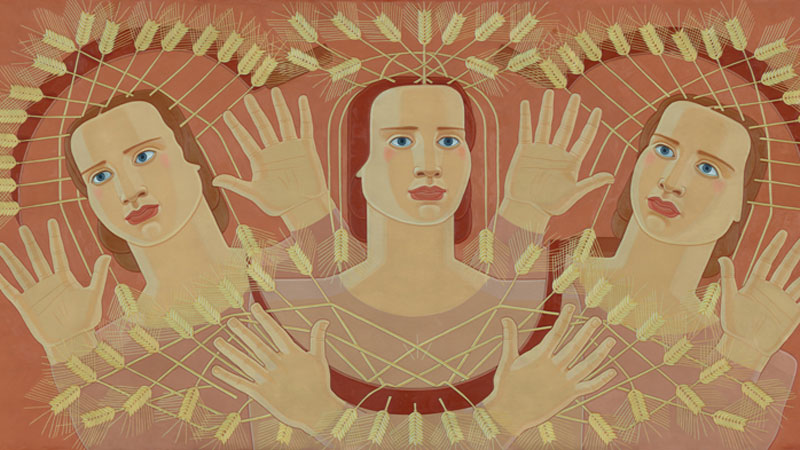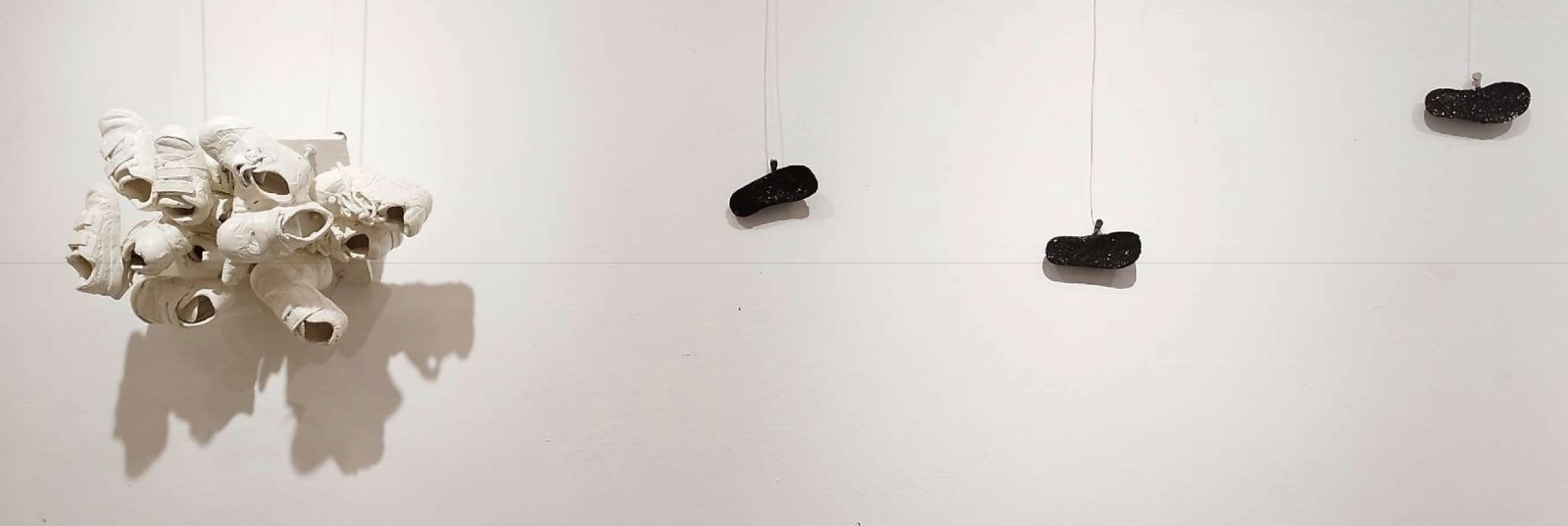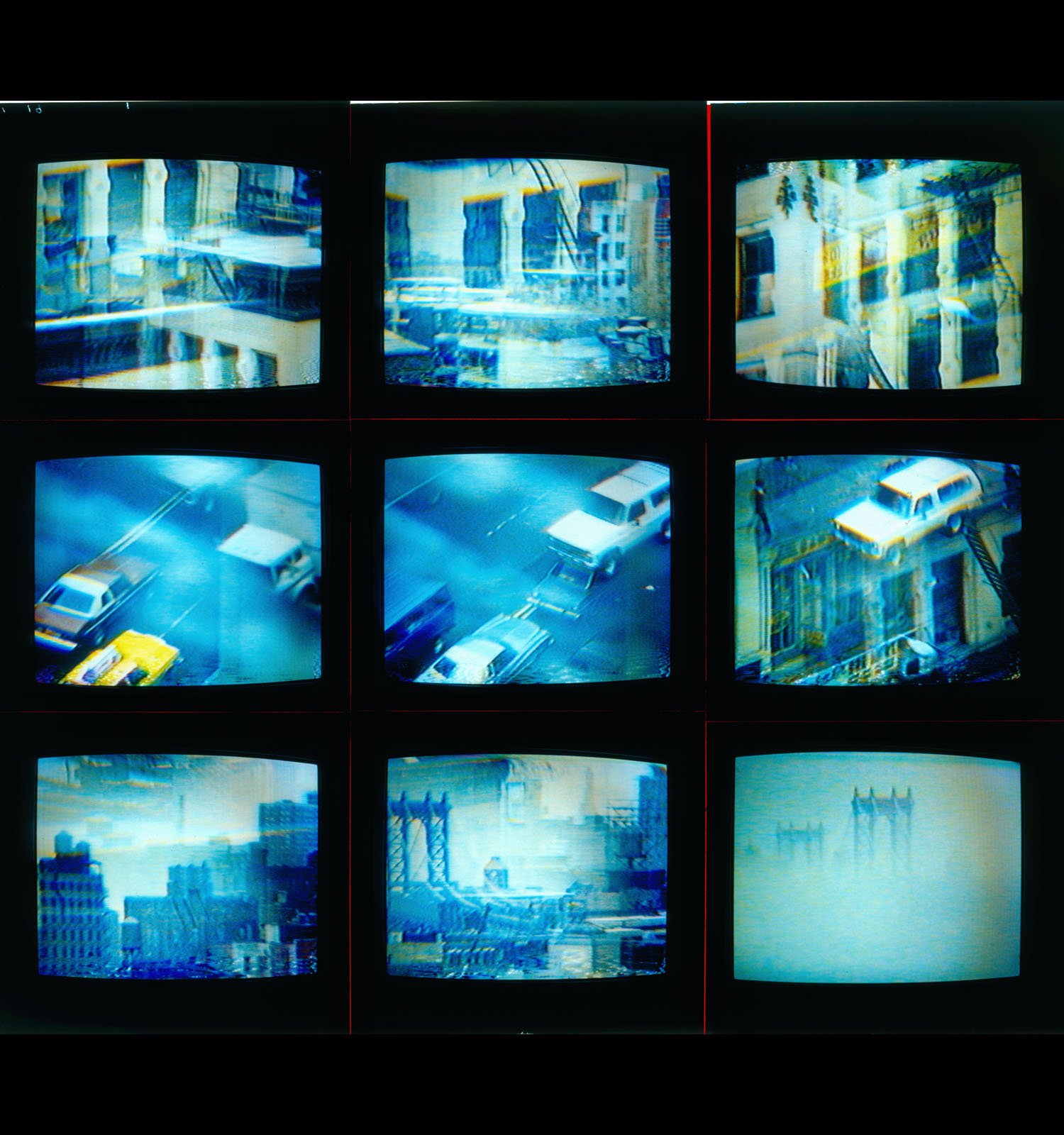reports
Antoni Ribas i Piera
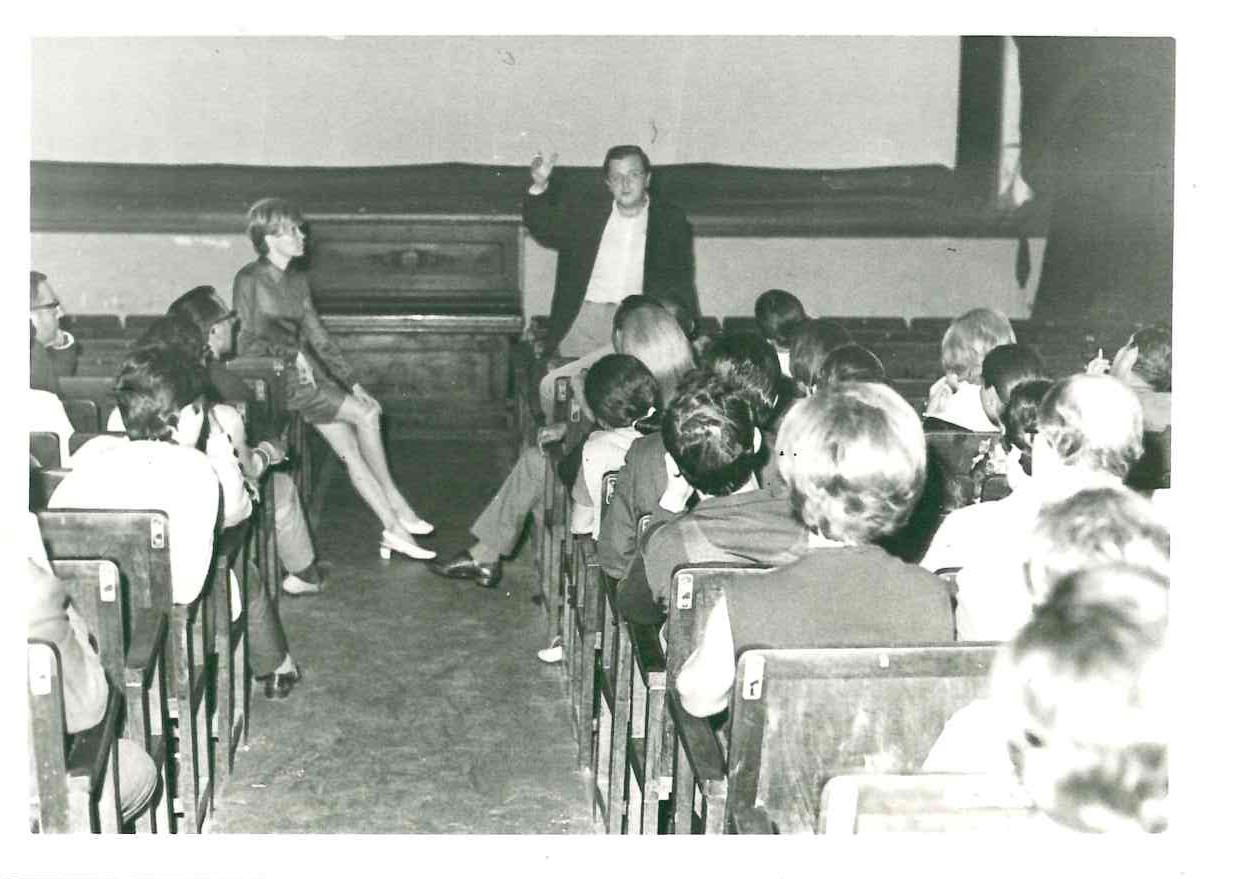
After years of meritorious service in film studios (working as an assistant director, among others, for Luis García Berlanga), Antoni Ribas i Piera (Barcelona, 1935-2007) founded the production company Montornés Films in 1966, and with his wife at the time, Elena Maria Tejeiro, made his first feature film, Las salvajes en Puente San Gil (1967), based on the play by José Martín Recuerda, which presents the social denunciation of a rural Spain full of prejudices and which, despite its argument, was a pleasant surprise that I was able to see at the closing session of the 5th International Film and TV Contest for Children, in Gijón, in September 1967 (where I attended to present a short film that we had made).
After Paraules d'amor (1968) with Joan Manuel Serrat as the protagonist, which he did not want to take on due to disagreements with the producer, and L'altra imatge (1973), a drama for the blind presented at the Cannes Film Festival, came his major work: La ciutat cremada (1975-1976), a fresco on Catalan society in the early 20th century, with all the political charge of the Setmana Tràgica. This production, with the support of PC Teide (Josep Maria Forn), included the interventions of many politicians from those moments of transition and, for the first time since the Franco dictatorship, viewers were able to listen to Els Segadors on the soundtrack, a fact that was a milestone in Catalan cinema and achieved the support of both the public and critics. This was the first title in the director's trilogy on the history of Catalonia in the 20th century, which he completed with Victòria! (1981-83), which would be the most ambitious project in all of Catalan cinema and which once again used the formula of La ciutat cremada but, in this case, with very disappointing results, both from the public and critics. The eight hours of original footage were finally released in three feature films: Victoria! La gran aventura d'un poble, Victoria! La disbauxa del 17 and Victoria! El seny i la rauxa. The last film in this trilogy would be Terra de canons (1993-2000), about a family during the Spanish Civil War, which was released without pain or glory and which caused serious financial problems. In addition to his personal historical trilogy, Ribas was also the author of Catalans universals (1978), El primer torero porno (1985) and Dalí amb d de Déu (1988).
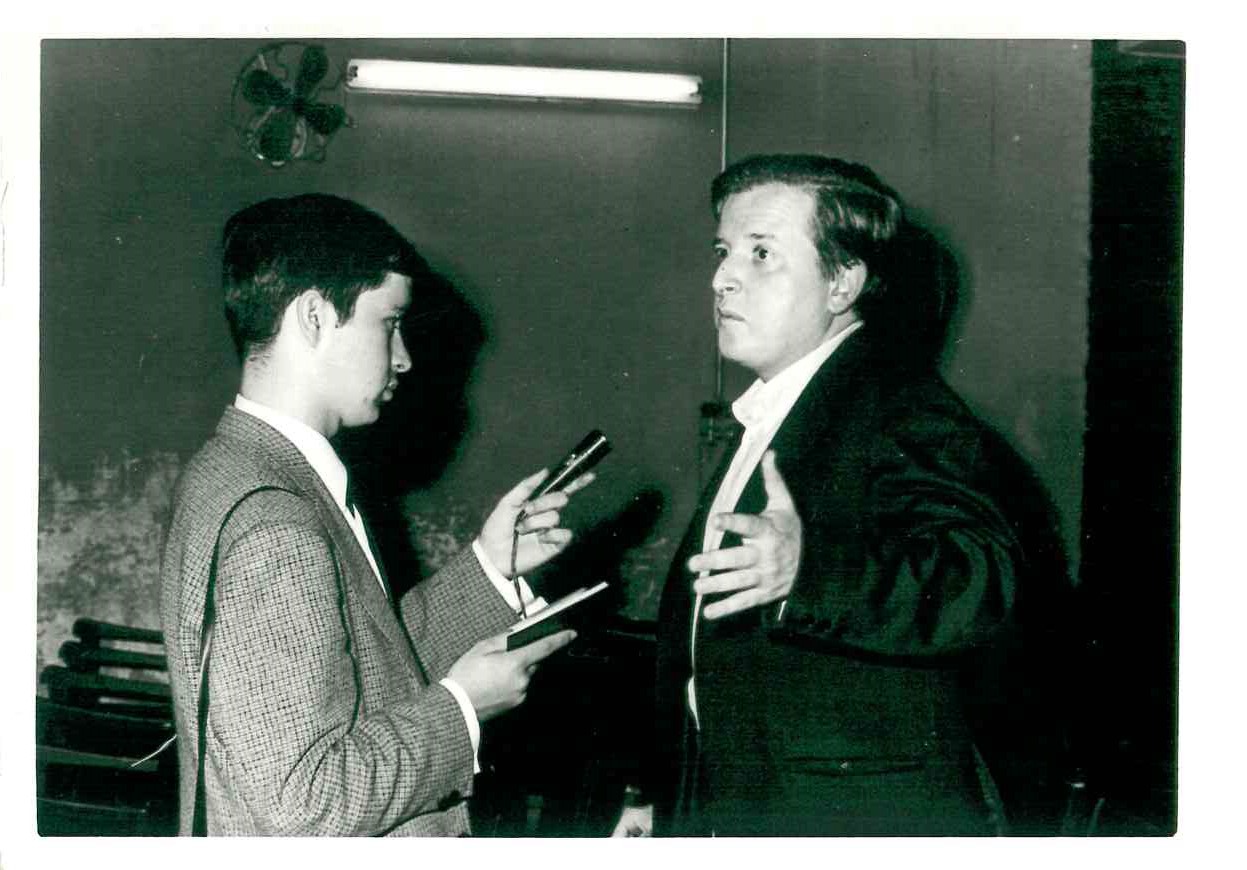 Josep Maria Planas entrevistant, el 1969, al realitzador Antoni Ribas.
Josep Maria Planas entrevistant, el 1969, al realitzador Antoni Ribas.
Antoni Ribas carried out numerous anti-Franco political activities, including the imprisonment of intellectuals in Montserrat, and received the Order of Arts and Letters of France, in recognition of his professional work. He died of a heart attack in October 2007, leaving behind an ambitious filmography that sought to equal what Bertolucci's Novecento (1976) represented in Italian cinema. With all his lights and shadows, Antoni Ribas is, without a doubt, a prominent figure in Catalan cinema (for what he did and what, with resources, he could have done).




